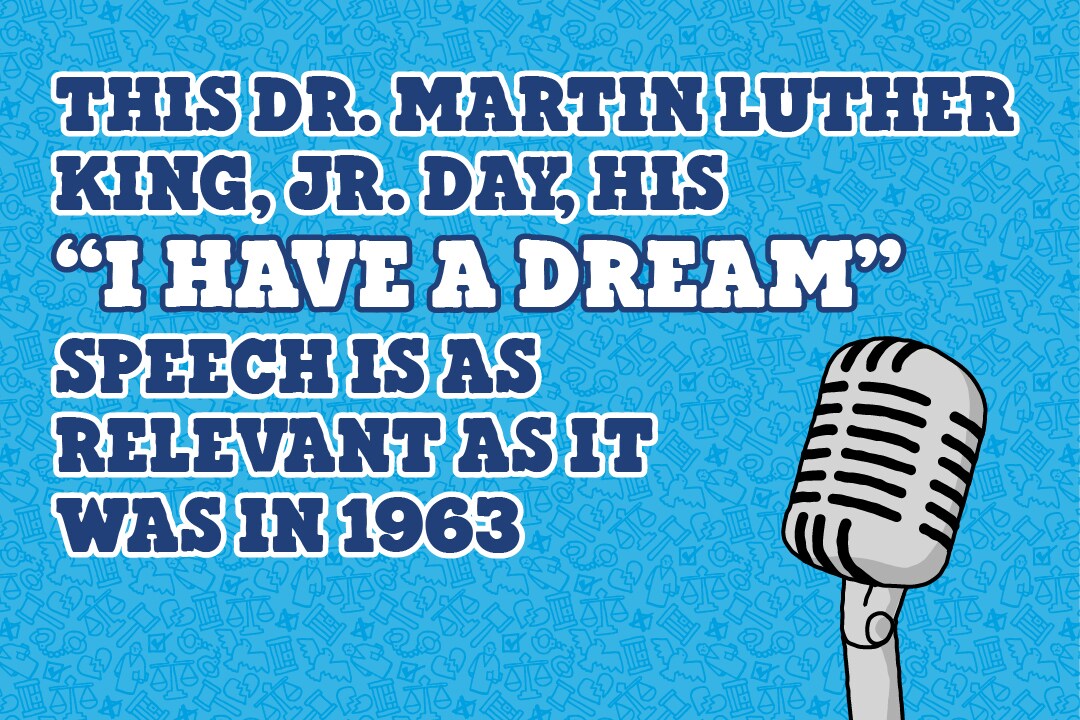Voting Rights
“We cannot be satisfied as long as a Negro in Mississippi cannot vote and a Negro in New York believes he has nothing for which to vote. No, no, we are not satisfied, and we will not be satisfied until justice rolls down like waters, and righteousness like a mighty stream."
Almost 60 years after the Voting Rights Act was signed into law, Black communities across the nation still struggle for access to the ballot box because of voter-suppression tactics like:
• Voter ID laws
• Restrictions on early and absentee voting
• Disenfranchisement of people who have been convicted of a felony
Voter-suppression efforts have had the exact impact that they were designed to have: Disproportionately disenfranchising Black voters and other voters of color.
Black Voters Matter is an organization dedicated to increasing power in marginalized, predominantly Black communities. Join them in the fight to ensure that everyone’s voices can be heard on Election Day.



